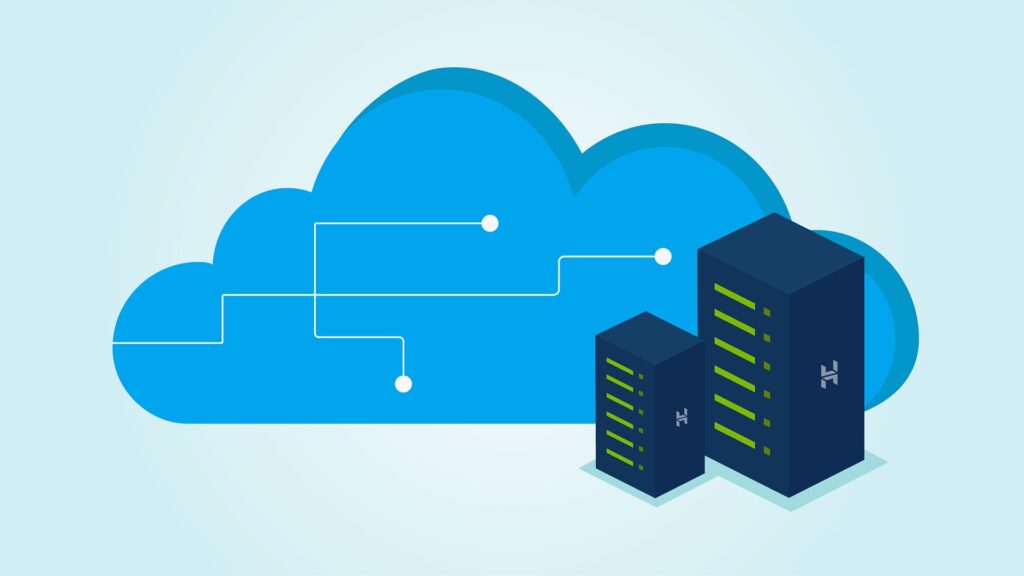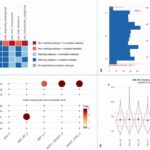
Project perspectives V: interview with Thijs Devriendt

Thijs Devriendt, MSc in Biomedical Sciences, is a Ph.D. candidate at the Center for Biomedical Ethics and Law of KU Leuven. Interested in Open Science, data sharing, anti-doping policy, bioethics, he is carrying out the socio-ethical and legal interoperability analysis of euCanSHare.
Please tell us a bit about yourself. My name is Thijs Devriendt and I am a Ph.D. student at the Centre for Biomedical Ethics and Law (CMBER) at KU Leuven. My background is in biomedical sciences and I have worked on the ethics and policy of anti-doping in the past.
Could you please describe your work in euCanSHare? Our work in work package 1 (WP1) focuses on stakeholder engagement and investigating the barriers and incentives for data sharing. We explore the reservations of cohorts towards sharing data and their potential concerns. With regards to incentives, we look into the changes that take place in the context of Open Science, such as evolutions in evaluation systems and initiatives that aim to confer value to digital objects. We hope to utilize this information to see how concerns over credit and recognition can be addressed for cohort research. In addition, we are also responsible for developing the content of the euCanSHare workshops. In these workshops, we bring together experts from various backgrounds to discuss and tackle difficult policy problems around data sharing and the platforms.
What is the best part of your work? And what is the most challenging? The best part is that I am exposed to ideas and views coming from various backgrounds. We often forget that our past experiences and expertise profoundly impact the way we think about the world. What we identify as potential problems and how we subsequently conceive potential solutions to those problems can differ substantially depending on the background. In particular, for policy problems, the key is to collectively observe the same problem from multiple angles in order to figure out solutions that everyone can agree on.
The most challenging part is the opposite side of the coin. While being involved in interdisciplinary work, you are always subjected to pressures to conform to one “type” of researcher. One can be either an ethicist, or a medical researcher, or a lawyer, or a social scientist. If you unconditionally accept this view, you legitimize your own inclination not to investigate academic work beyond your own field. If you fully reject this view, you condemn yourself to be an academic orphan, as you don’t “belong” in any field anymore. In these large-scale infrastructure projects, some degree of mutual understanding is simply essential to produce academic work that is most responsive to emerging policy and societal problems.
What are the main barriers/challenges to data sharing? From my perspective, the lack of recognition and lack of resources are the most important factors why data are not shared. The rationale for producing data is to publish articles. When others request data, researchers must often put time into evaluating proposals, preparing anonymized datasets, sitting together with the legal services, and so on. In the end, academics have limited time and they have to distribute it over diverse activities, such as teaching, research, representation in committees… Academics would rather be actively involved in research than meddle in bureaucracy. One of the solutions that platforms can bring is making the bureaucracy of data sharing less burdensome.
Academics also wish to protect their own academic interests from their competitors. In this sense, they will not be likely to share data for projects that are directly competing with their own projects or ideas. As novelty is an important criterion for publishing, introducing direct competition is simply not strategic. In the end, the way the distribution of funding and the publication process are set up simply directs teams towards doing research on “their” datasets rather than sharing it broadly with many competitors.
Another important barrier is represented by the ethical and legal risks that cause concern for researchers. Also, people might have concerns their competitiveness is put at risk, especially in cases where they are not well-supported by their institution. We do not make progress by denouncing each other’s views as insignificant. Instead, we should engage in active deliberation to identify these problems and seek acceptable solutions that work for all.
Why is the long-term sustainability of data-sharing platforms important? If you build a house, you expect to be able to live in it. If you build a data-sharing platform, you expect that the platform can be used for data sharing and research. In the academic world, short-term funding cycles and increased competition (which comes with uncertainty about funding acquisition) are thought to make academics more productive in publishing articles. However, the risk for projects like euCanSHare is that a sizable part of the initial grant is spent on developing the infrastructure. The remaining time is then spent on showing that the infrastructure functions and doing some research. Subsequently, the infrastructure disappears if the project cannot acquire funding. In that case, the benefits for society are limited to increasing knowledge about platform development. If the long-term sustainability of the platform is not achieved, the actual purpose the infrastructure was built for – data sharing – is never realized. The economic benefits of having systems in which data is findable, accessible, interoperable, reusable (FAIR), and where sharing is less burdensome, are also not realized. Therefore, it is essential that the useful infrastructures built in the past can be maintained.
In your view, what is the future of big data ecosystems and what will this look like in 10 years? I think that an ecosystem in which data is routinely made available and shared can profoundly alter the way we do academic research and can accelerate scientific progress. In the future, we should try to achieve the following goals. Firstly, all relevant cohorts should be tied into these broader networks to make them as FAIR as possible. Both data deposition and data analysis through platforms should be well-integrated in the academic system. Furthermore, by rethinking funding models, the long-term sustainability of infrastructure projects will be more certain. Recognition and evaluation systems should take be more contextual and role-specific so that the academic system becomes more collaborative and team-scientists can flourish. In addition to that, access to datasets should be based on fair criteria and not be subject to extensive bargaining with individual data holders. Researchers should have the choice to utilize datasets in the function of the societal questions they aim to answer instead of thinking about clever projects that fit “their” datasets only. All researchers should be working with high-quality data and problems around the irreproducibility of results should be remediated. Finally, all researchers should find fulfillment in their jobs and should consider their work to be actively contributing to the progress of science and society.
How does it feel to be involved in a large-scale collaborative research project like euCanSHare? Being involved in euCanSHare has been very stimulating so far. It has been wonderful to meet new people from different backgrounds and engage with them in discussions on various topics. The project coordinator and manager(s) have also been very helpful and supportive, and there has been somewhat of a “collaborative spirit” in many of the meetings. It feels like others have been sympathetic towards the work we have performed in the project, which I am very grateful for.
What are your plans for the future? I hope to stay in academia and do research in an interesting collaborative project, in which the ELSI component is just one part of a greater whole. I’m thinking about projects on data infrastructure, data markets, public-private collaboration, “data ethics”, ethics of AI… I would also be interested in doing more general ELSI or policy work. At this point, I think that moving to another center would be the quickest way to gain experience, be exposed to new ideas, and build my network.

